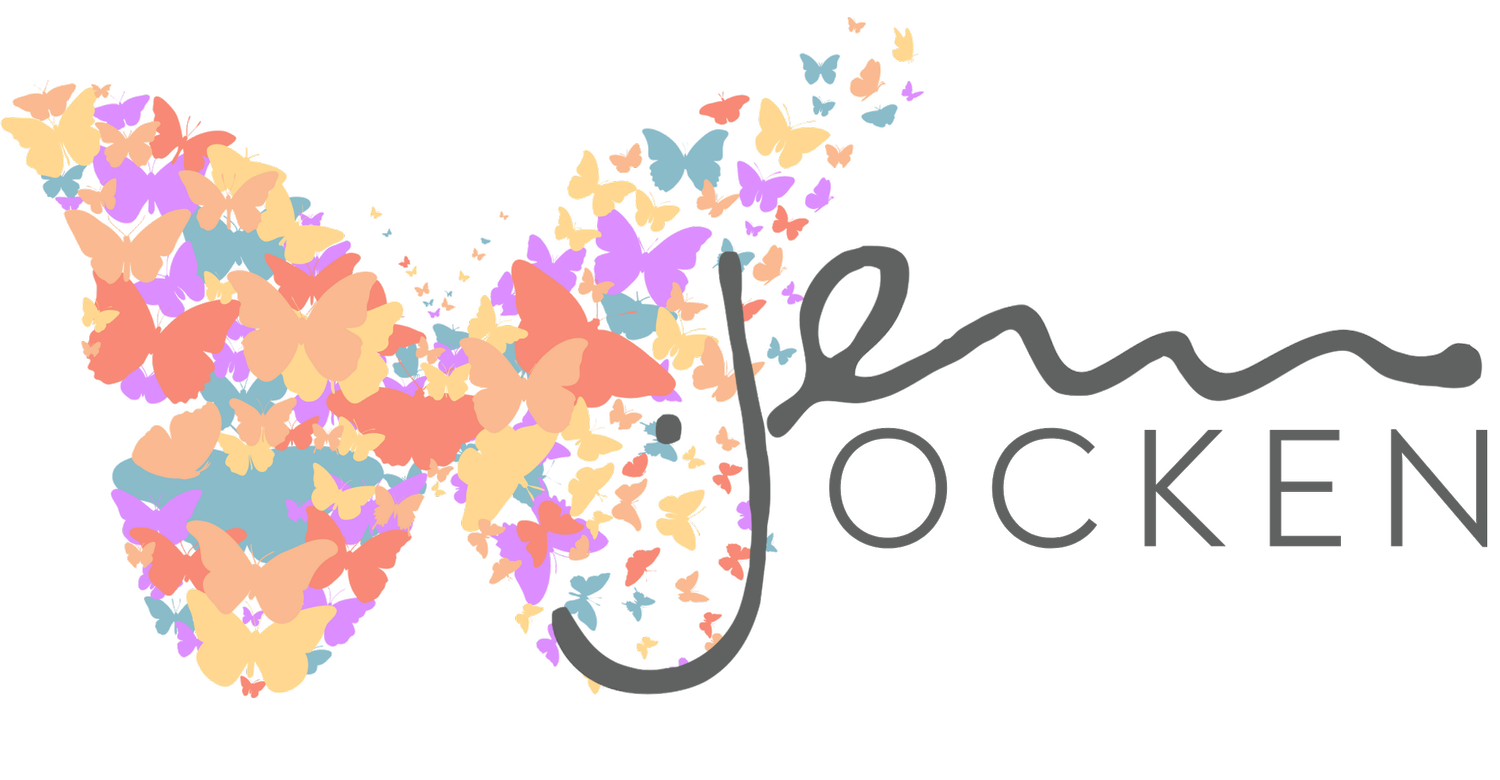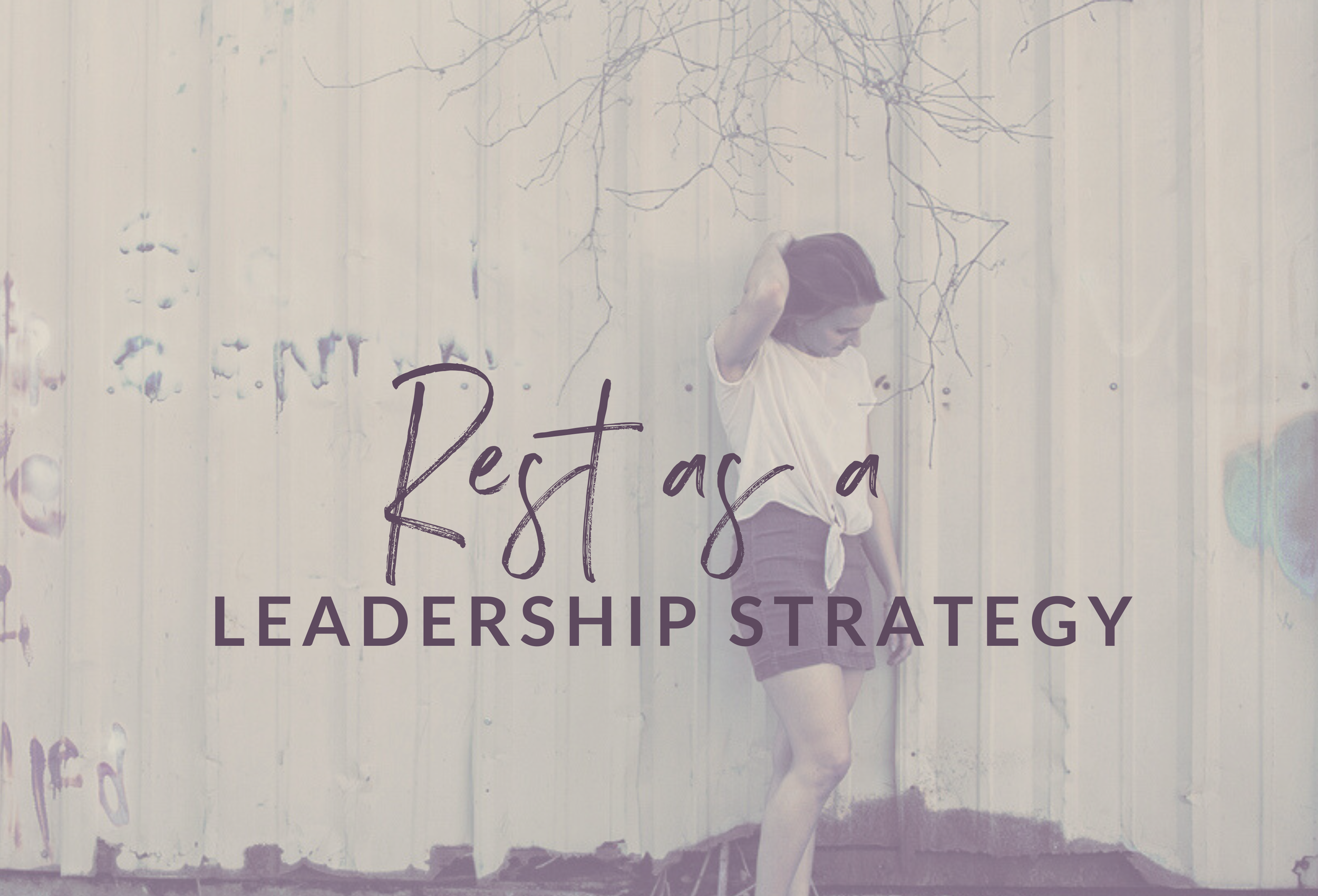Rest Is a Leadership Strategy
Reclaiming the pause before burnout claims you
You’re staring at your screen, hoping motivation will hit before the next meeting.
You’ve pushed through three back-to-back tasks, and your brain is asking for a break—but your calendar has other plans.
You know you’re tired, but stopping feels risky. Behind, even.
So you keep going.
Sound familiar?
Let’s be honest: we’ve been taught to treat rest like dessert.
Something sweet, but only after you’ve eaten your veggies—after you’ve conquered your to-do list and checked off every expectation.
But what if rest wasn’t the end of the work…
What if it was the foundation of it?
The Leadership Myth We’ve Outgrown
We live in a culture that rewards depletion.
That measures leadership by output, not by presence. That applauds the ones who stay late, power through, and "make it happen"—even at the cost of their wellbeing.
But the truth is:
When you lead by abandoning your needs, you teach others to do the same.
And that kind of leadership burns out fast.
We don’t need more leaders who can push through.
We need more leaders who know when to pause.
Rest Is Intelligence, Not Indulgence
Creative Adaptive Intelligence—my framework for leading through uncertainty—reminds us of this:
Rest is not retreat. Rest is how we:
Regain clarity before urgency hijacks our calendar
Adapt to life in real time without splintering
Model sustainable leadership in our families, teams, and communities
It’s not about checking out or opting out.
It’s about tuning back in—so you can move forward with clarity instead of chaos.
Rest doesn’t interrupt your progress. It protects it.
A Photographer’s Perspective
As a photographer, I’ve learned something funny about focus:
If everything is sharp, nothing stands out.
Sometimes, you need to soften the background, step back, and shift the frame—just to see what really matters.
Your leadership is no different.
If you’re carrying everything, tending to everyone, and sprinting toward goals without pause—you’ll eventually blur out your own needs.
And when that happens, nothing feels clear.
The best leaders I know are not the ones with perfect time-blocking.
They’re the ones who can recognize when their clarity is off—and choose to pause before the crash.
The Real Shift
Let me say this plainly:
You don’t have to earn your rest.
You don’t need another 18-hour day to deserve your pause.
You don’t need to finish one more thing before you listen to your body.
If you’re tired of crashing into stillness instead of choosing it, I wrote this for you.
Try asking yourself this question today: “Where am I earning rest… instead of choosing it?”
It’s not always easy.
But it’s available—right now. And it’s a muscle worth building.
One Tangible Way to Reset Today
If you're wondering where to begin, I’ve got something simple and powerful to start with:
✨ Download the free Week-at-a-Glance + Priority Checklist
This mini toolkit gives you space to breathe, reset your rhythm, and decide what actually matters today—with clarity and compassion.
And when you’re ready to move from reactive to rooted…
🌿 Learn More about The Creative Return—a self-led, soul-centered practice that guides you through rest, realignment, and gentle momentum.
Not as a reward. But as a rhythm you can live by.
Because rest is not weakness. It’s wisdom in motion.
And the leaders who learn to pause with purpose? They’re the ones who last.



